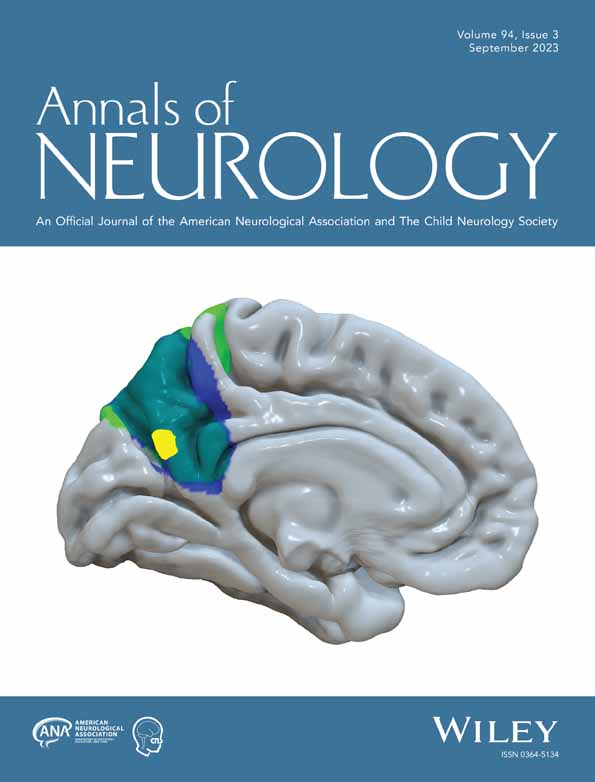Time from Onset to Remote Ischemic Conditioning and Clinical Outcome After Acute Moderate Ischemic Stroke
A Post Hoc Exploratory Analysis of the RICAMIS Study
Abstract
Objective
We conducted a post hoc exploratory analysis of Remote Ischemic Conditioning for Acute Moderate Ischemic Stroke (RICAMIS) to determine whether early remote ischemic conditioning (RIC) initiation after stroke onset was associated with clinical outcome in patients with acute moderate ischemic stroke.
Methods
In RICAMIS, patients receiving RIC treatment in the intention-to-treat analysis were divided into 2 groups based on onset-to-treatment time (OTT): early RIC group (OTT ≤ 24 hours) and late RIC group (OTT 24–48 hours). Patients receiving usual care without RIC treatment from intention-to-treat analysis were assigned as the control group. The primary outcome was excellent functional outcome at 90 days.
Results
Among 1,776 patients from intention-to-treat analysis, 387 were in the early RIC group, 476 in the late RIC group, and 913 in the control group. In the post hoc exploratory analysis, a higher proportion of excellent functional outcome was found in the early RIC versus control group (adjusted absolute difference = 8.1%, 95% confidence interval [CI] = 2.5%–13.8%, p = 0.005), but no difference in outcomes was detected in the late RIC versus control group (adjusted absolute difference = 3.3%, 95% CI = −2.1% to 8.6%, p = 0.23), or in the early RIC versus late RIC group (adjusted absolute difference = 5.0%, 95% CI = −1.3% to 11.2%, p = 0.12). Similar results were found in the per-protocol analysis.
Interpretation
Among patients with acute moderate ischemic stroke who are not candidates for intravenous thrombolysis or endovascular therapy, early RIC initiation within 24 hours of onset may be associated with higher likelihood of excellent clinical outcome. ANN NEUROL 2023;94:561–571
Potential Conflicts of Interest
The authors declared no conflict of interest.
Open Research
Data Availability Statement
The data that support the findings of this study are available from the corresponding author on reasonable request.




